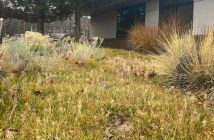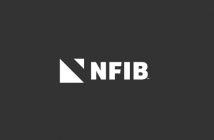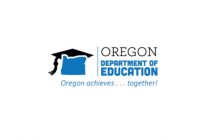It is widely accepted that children’s formative development is best nurtured in an enriched environment, full of verbal, visual and physical stimuli. The more varied the experience and stimuli, the greater the child’s potential for intellectual and emotional development. But how many people recognize that the need for an enriched environment does not diminish in later life?
In the past decade, research in brain health and adult development has offered two noteworthy discoveries. The first concerns neuroplasticity, the brain’s ability to generate new neural pathways in reaction to physical activities and new experiences. Research has shown that the brain has the potential to maintain this ability throughout the adult lifespan if regularly presented with novel and challenging experiences. The second discovery is that social connections are vitally important to late-life cognitive, psychological, and physical health.
One of the challenges in creating a satisfying post-career lifestyle lies in finding the novel experiences and meaningful social interactions to enrich our personal environment. While there are many solitary pursuits that can provide intellectual stimulation, many adults find that participation in lifelong learning programs offers avenues for mental stimulation and social interaction.
Lifelong learning programs provide access to an ongoing array of new ideas and experiences, in the classroom, and beyond. Participation in these programs allow adults to develop the personal interests that are often set aside while raising families, and focusing on full or part-time work.
Participants can share their knowledge and experience by leading informal courses or by taking leadership roles within their learning community. Lifelong learning programs acknowledge that participants have valuable experiences that can and should be shared with others. The programs also provide avenues for social interaction with an expansive community of peers. Many find that new friendships are forged as they share their opinions in class discussions or work side by side on projects.
The Osher Lifelong Learning Institute of the University of Oregon (OLLI-UO) offers a flexible schedule of lectures, short courses, peer-led study groups, field trips and tours in three Oregon program sites. Here in Central Oregon, classes led by OLLI-UO members, current and retired faculty from the University of Oregon and other colleges and universities, independent scholars, and community experts are offered in the UO Center at the Bend Duck Store at 80 NE Bend River Mall Drive.
OLLI-UO is part of a thriving network of 117 institutes of lifelong learning that has received funding from the Bernard Osher Foundation. Program design and curriculum is determined locally, and while there are many variations on the theme, all share the common goal of providing stimulating learning experiences for increasingly diverse groups of older adult learners.
Membership is open to all interested adults, no previous affiliation with the university is required. OLLI-UO members pay a single fee that covers annual or six-month membership and participation in the majority of the program offerings in Bend or any of the other OLLI-UO program sites. For more information, visit the website at osher.uoregon.edu, or call the UO Academic Extension Office, 800-824-2714.




